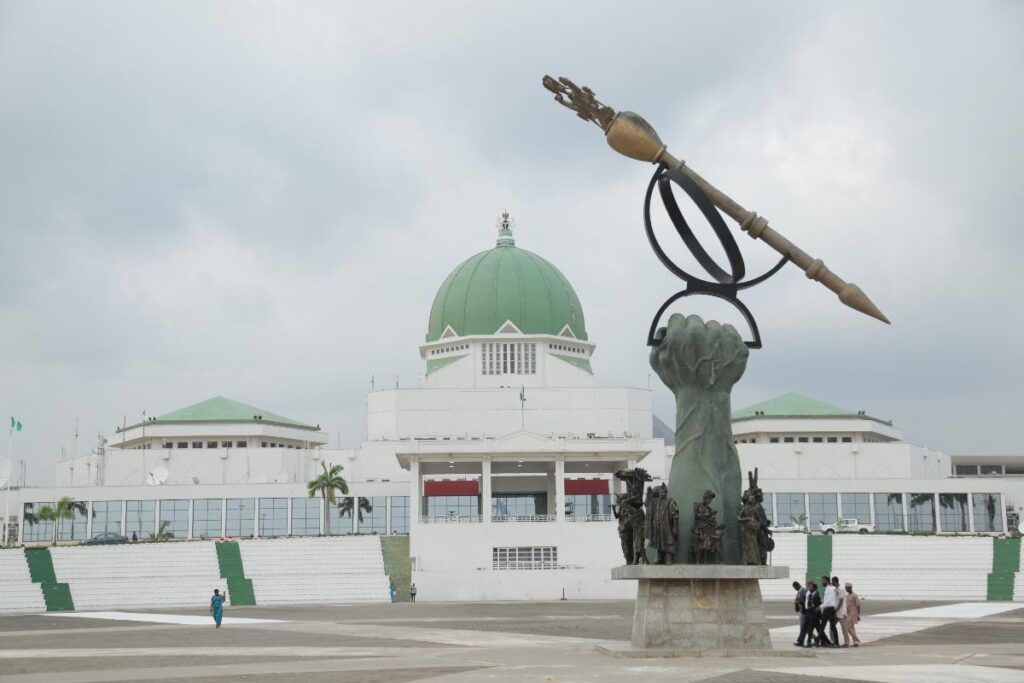News Analysis: By Abdul Lauya
In a development that has reignited public anxiety over Nigeria’s rising debt profile, the Senate on Tuesday approved President Bola Ahmed Tinubu’s latest external borrowing request, an eye-watering $21.19 billion, along with €4 billion, ¥15 billion, and a $65 million grant, for the 2025–2026 fiscal cycle.
This fresh approval pushes the administration’s total loan acquisitions to over $35 billion in just two years, a record pace that has drawn mounting scrutiny from economists, opposition lawmakers, and civil society groups concerned about long-term sustainability.
The Senate also endorsed a ₦757 billion domestic bond for settling pension arrears and granted approval for the federal government to raise $2 billion through foreign-currency-denominated instruments in the local market.
While the presidency maintains that the loans are necessary for investments in infrastructure, education, health, and security, analysts argue that the government’s borrowing pattern lacks transparency and is increasingly skewed toward recurrent spending.
Nigeria is fast drifting into a debt trap,” warned Dr. Mike Uwalaka, an economist at the University of Abuja. “The issue isn’t only the volume of the loans, it’s that we’re borrowing for consumption and administrative overheads instead of productive, growth-enhancing projects.
The warning comes as Nigeria’s debt service-to-revenue ratio continues to hover above 70%, a threshold considered fiscally dangerous by international financial institutions such as the IMF and World Bank. Despite these red flags, the Tinubu administration appears undeterred, buoyed by a compliant National Assembly and backed by an opaque Medium-Term External Borrowing Plan (MTEF).
Critics have also raised concerns over the implementation record of past loan-backed projects, many of which remain either incomplete or stalled due to procurement delays and bureaucratic inefficiencies.
We can’t keep mortgaging the future of unborn generations,” said Senator Abdul Ningi of the opposition PDP. “There is an urgent need to review our spending habits and prioritize internal revenue generation over reckless borrowing.
Yet, defenders of the borrowing program argue that in a post-COVID global economy, with declining oil revenues, persistent inflation, and the fiscal fallout of subsidy removals, external loans provide the breathing space needed to keep the economy afloat.
Still, with economic hardship deepening and elections on the horizon in 2027, ordinary Nigerians are becoming increasingly disillusioned with a government that appears more adept at borrowing than delivering tangible results.
As both the executive and legislature tout the latest approval as a win for development financing, more citizens are demanding answers: Where are the completed projects? What’s the cost of repayment? And how long can this borrowing spree continue before the nation’s finances hit a breaking point?


